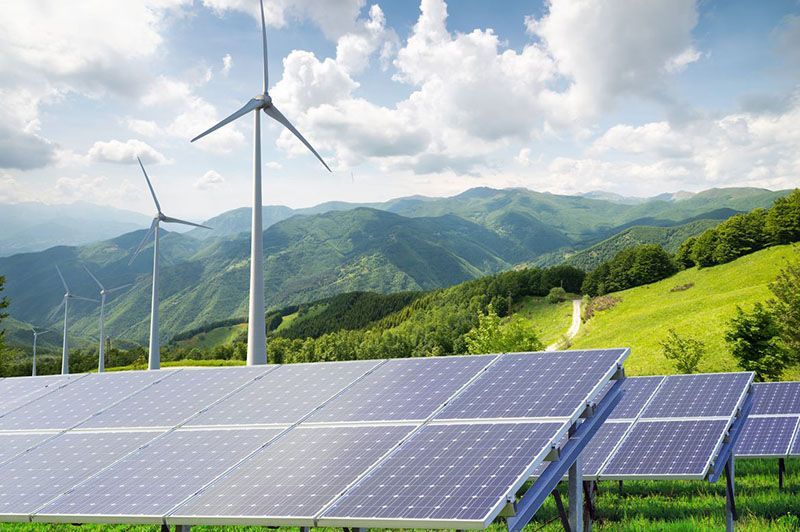In March, Costa Rica will bring together different actors in the financial field and those responsible for the implementation of public policies regarding the sources and resources available for confronting climate change in the region.
Santiago, March 6, 2019. The opportunities and challenges posed by funding mechanisms and fiscal policies to meet the climate commitments of Latin American countries, as well as the role of development banks in channelling and injecting resources, will be the main topics of the “V Regional Dialogue on Climate Finance” organised by the Government of Costa Rica and the EUROCLIMA+ programme of the European Union, to be held on March 19 and 20 in the city of San José.
In the context of the V dialogue and to promote reflection on investments for low carbon transport, on March 21 a workshop will be held on “The role of the Development Bank in the implementation of the Paris Agreement: Financing options for low emissions urban mobility”, led by ECLAC and EUROCLIMA+.
Both events are part of the actions carried out by the Climate Governance component of EUROCLIMA+, in charge of supporting and promoting public policies for climate change in Latin America through the synergistic work of the Economic Commission for Latin America and the Caribbean (ECLAC), International and Ibero-American Foundation for Administration and Public Policies (FIIAPP), German Society for International Cooperation (GIZ), and UN Environment.
This new version of the Climate Finance Dialogue and the workshop on development banking takes place at a key moment in Latin America, where the flow of climate financing has reached US$20 billion per year according to ECLAC. Meanwhile, the Inter-American Development Bank estimates that the need for climate investment in the region will reach around US $75 billion to US$80 billion per year between 2020 and 2030, which is almost four times the current figure.
Therefore, international financing mechanisms, resources managed by development banks, and fiscal instruments such as carbon taxes, are essential to increase the ambition of the commitments assumed by countries in their Nationally Determined Contributions (NDC), but these are insufficient to meet the goal of the Paris Agreement to limit the increase in the average temperature of the planet to 2° C. Indeed, ECLAC studies indicate that the rate of decarbonisation in Latin America should triple and reach a rate of -6.3% in the coming years to achieve the goal of a maximum of 1.5° C of global warming proposed by the Intergovernmental Panel on Change Climate.
With this challenge in mind, officials from the finance and treasury ministries responsible for the implementation of NDCs and representatives of the financial sector, particularly national, regional and international development banks, will meet in San José to address the strengthening of technical capacities for the design, monitoring and evaluation of projects, the facilitation of processes to access climate funding, and reviewing the economic incentives that would foster an increase in the decarbonisation rate in Latin America.
About EUROCLIMA+
EUROCLIMA+ is a programme funded by the European Union to promote environmentally sustainable and climate-resilient development in 18 Latin American countries, particularly for the benefit of the most vulnerable populations. The Programme is implemented under the synergistic work of seven agencies: Spanish Agency for International Development Cooperation (AECID), French Development Agency (AFD), Economic Commission for Latin America and the Caribbean (ECLAC), Expertise France (EF), International and Ibero-American Foundation for Administration and Public Policies (FIIAPP), German Society for International Cooperation (GIZ), and UN Environment.
Contacts
General press contact for the EUROCLIMA+ programme
Alexandra Cortés. EUROCLIMA+ Programme: This email address is being protected from spambots. You need JavaScript enabled to view it.
ECLAC press contact for EUROCLIMA+
Nicole Tondreau. ECLAC: This email address is being protected from spambots. You need JavaScript enabled to view it.

